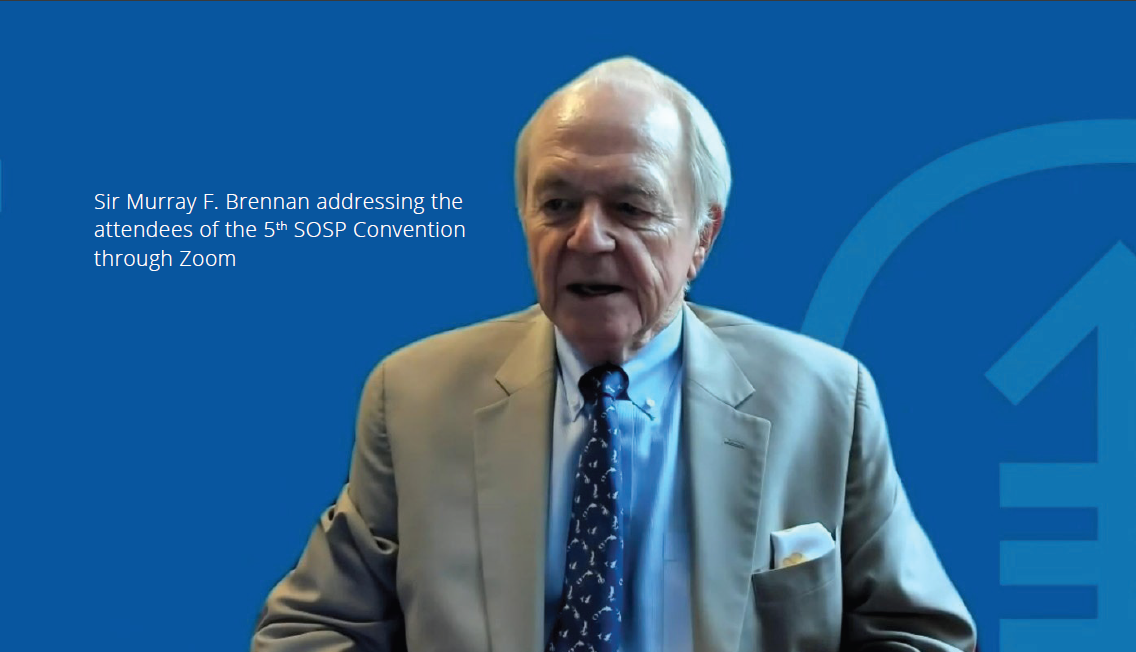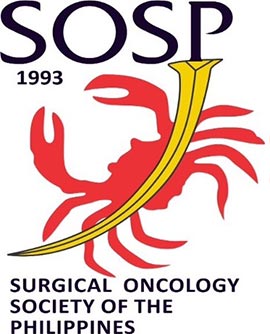
By: Arjealene Avecilla
Edited by: Dr. Anthony Dofitas
What does it truly mean to become a successful surgeon? Is it enough that we become satisfied with our hard-earned skills after years of training, studying, and practicing? We might have recognized such questions back when we were interns, clueless about where the medical path might take us. Surgeons are oftentimes measured by their skill with the knife, them being adept at handling tissues, the size of their practice, or their wealth in the knowledge of surgical techniques and treatment. The core of a surgeon’s oath to save lives often involves the direct correlation of action to treatment, yet for those that have reached the vantage point, there is still something missing. Surgical Oncologists are in a unique position with patient care since we touch patients’ lives from diagnosis to demise. As we wear many hats as Surgical Oncologists, it is time to recognize that one hat needs to be worn as often as the others – and that is of being a Leader.
Recognizing such an endeavor, the 5th Surgical Oncology Annual Convention was the perfect opportunity to circle back and re-energize leadership in cancer care with the theme “Revisiting Common Oncologic Surgeries: From Simple to the most complex”. We were more than blessed to be graced by the presence of Professor Sir Murray F. Brennan, GNZM, MD, who was invited to impart valuable insights on how surgical oncologists can view the profession from a fresh perspective.

Professor Sir Brennan is a pioneer and a legend in the world of Surgical Oncology. Majority of his work stems from his leadership role in the Memorial Sloan Kettering Cancer Center. To this day, he has trained thousands of Surgical Oncologists that have spread all over the United States and other countries. He is responsible for establishing the largest sarcoma database, starting in 1982. He has been given the Distinguished Service Award by the American College of Surgeons and has been appointed Knight Grand Companion of the New Zealand Order of Merit by Her Majesty the Queen herself.
Among others, here are 3 remarkable takeaways from Professor Sir Brennan’s heartfelt message to Surgical Oncologists, finding a source of motivation to continue serving during these trying times:
- For the patient, this is about the management of disease, not necessarily about the technique of surgery. As surgical oncologists, we are bound to promote only the best quality of care to our patients and as Professor Sir Murray mentioned, there is no doubt about the excellence of practicing surgeons in the Philippines. However, he also presented the perspective of patients or the patients’ relatives prior to the treatment of the disease. We should have a good grasp of explaining what is best for them and this is exactly why we must become accountable for helping them understand how we can manage the treatment process together. Starting from the choice of biopsy, we already have the key to start directing the treatment. And then, we are no longer limited to reverting to operations as the only form of management of cancer, as we understand the role of chemotherapy, radiotherapy, targeted therapy, immunotherapy, and other modalities are also important. Being familiar with the benefits and complications of these modalities will ease patients’ anxiety and further grow their trust in you. To become a surgeon is to know how to treat patients from beginning to end.
- That begins with you, and that begins with you setting expectations. Professor Sir Murray emphasized in his speech that saying yes to becoming a leadership-oriented surgeon does not necessarily mean that we are their heroes. As surgical oncologists, there are certain cases in which we become emotionally invested in our relationships with patients that we want to promise them that we will deliver a cure or assure them of the result of an operation. But as leaders, we must draw the line as to what we can guarantee them of, and that is to assure them that they will be taken care of. We must become keenly aware of the consequences of our promises and the expectations we lay down to our patients as these play a huge role in how we can influence them correctly. We are bound to guide them and help them get a better understanding of the approaches to be used in the treatment process, and when the patient sees the sincerity of our words, only then can they trust our actions. “Do not promise what you cannot deliver or more importantly, do not promise what others cannot deliver.” Dr. Brennan, said.
- Embrace that it’s not easy. Sometimes, difficult. Often, uncomfortable. For many of us, leadership may get lost during the process of handling multiple operations in a day, talking to different people with different expectations from you, and overall become exposed to a higher level of pressure to deliver the best form of care. Therefore, Professor Murray reminds us to embrace the profession wholeheartedly and understand that there will always be someone expecting from us – may it be a colleague, a patient, a patient’s family, or the society itself. We need to internalize all these challenges and difficulties that may come our way for us to realize that the patient is in need of a leader. When we embrace the climb and not just the peak of our profession, we can maximize our potential, our resources, and even our leadership abilities with a deeper purpose.
Having all of these inspiring reminders to take with us as we go along our journey to dedicate ourselves to cancer care can indeed boost our motivation to champion leadership as we give it our all to save lives. Our impact is far greater than what we realize. More than becoming skillful doctors, I wish that we can all take Professor Murray’s speech by heart – to become life-changing leaders and contribute significantly to the growth of our field of expertise for the benefit of patients, now and in the future.


